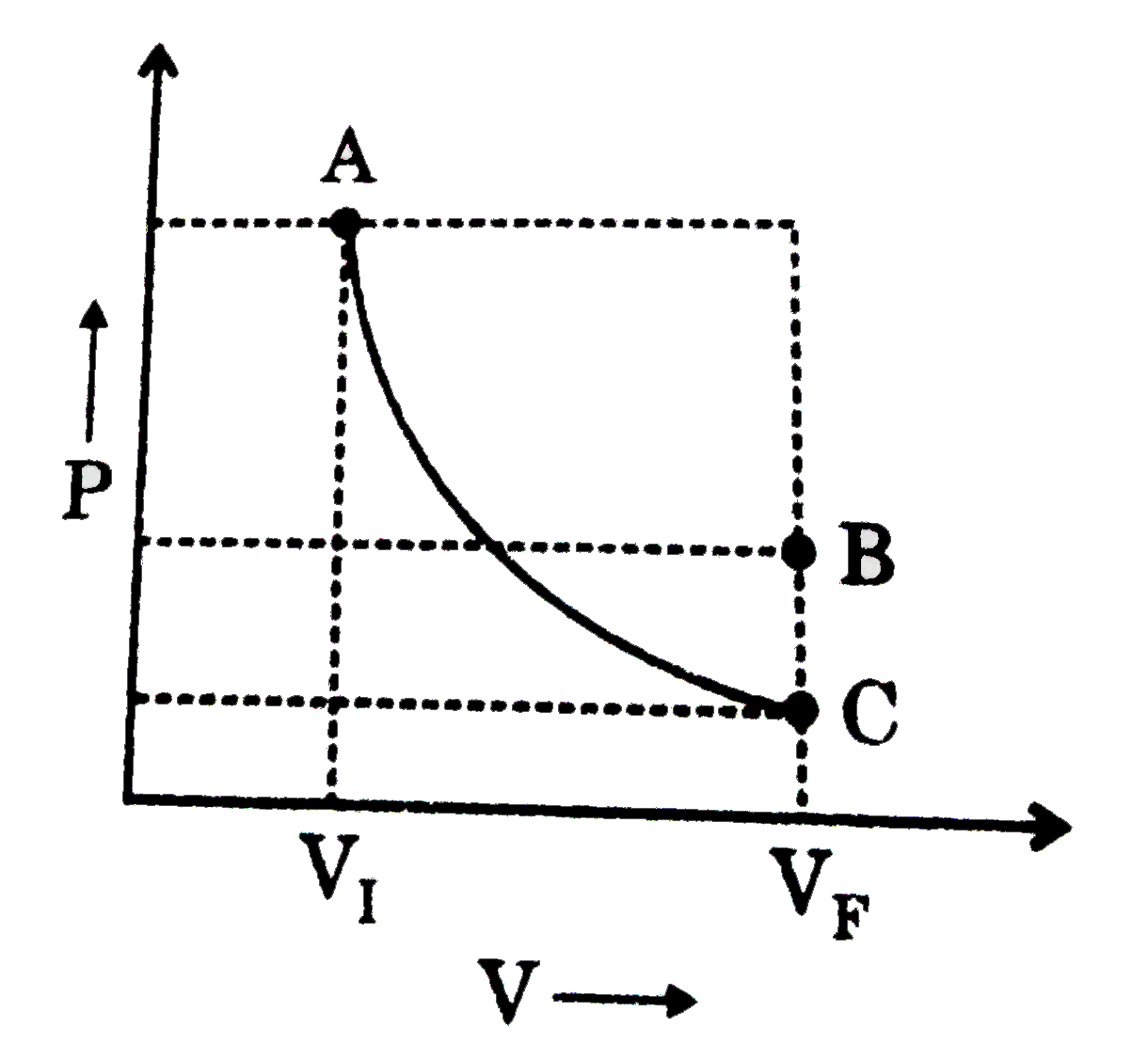Aseertion: Thermodynamics process in nature are irreversible.
Reason: Dissipactive effects cannot be eliminated.
If both the Asseration and Reason are true and reason explains the Assertion :
If both the Assertion and Reason are true but reason does ot explain the Assertion :
If Assertion is true but reason false
If Assertion is false but reason is true
The correct Answer is:C
Step by step video, text & image solution for Aseertion: Thermodynamics process in nature are irreversible. Reason: Dissipactive effects cannot be eliminated. by Physics experts to help you in doubts & scoring excellent marks in Class 12 exams.
Updated on:21/07/2023Topper's Solved these Questions
Similar Questions
Thermodynamics Processes, Reversible and Irreversible Processes, Isochoric and Isobaric Process and Analysis
View SolutionAssertion (A) : Spontaneous process is an irreversible process and may be reversed by some external agency.
Reason (R) : Decrease in enthalpy is a contributory factor for spontaneity.
View Solution
Knowledge Check
A : In nature all thermodynamic processes are irreversible.
R : During a thermodynamic process it is not possible to eliminate dissipative effects.AIf both Assertion & Reason are true and the reason is the correct explantion of the assertion, then mark(1)BIf both Assertion & Reason are true but the reason is not the correct explanation of the assertion, then mark (2).CIf Assertion is true statement but Reason is false, then mark (3).DIf both Assertion and Reason are false statements, then mark (4)Assertion. Somaclonal variations occur in tissue culture processes.
Reason. Variations cannot occur in nature.AIf both Assertion and Reason are true and the Reason is a correct explanation of the Assertion.BIf both Assertion and Reason are true but Reason is not a correct explanation of the Assertion.CIf Assertion is true but the Reason is false.DIf both Assertion and Reason are false.Assertion: In a thermodynamic process, initial volume of gas is equal to final volume of gas. Work done by gas in this process should be zero
Reason: Work done by gas in isochoric process is zero.A(a) If both Assertion and Reason are true and the Reason is correct explanation of the Assertion.B(b) If both Assertion and Reason are true but Reason is not the correct explanation of Assertion.C(c) If Assertion is true, but the Reason is false.D(d) If Assertion is false but the Reason is true.
An ideal gas from same initial state participates in two different thermodynamic processes (AC -Reversible, AB-Irreversible) as shown in figure. If the entropy of surroundings remain constant in these processes, then which of the following are correct ?

View SolutionAssertion : Froth flatation process is used to concentrate sulphide ores.
Reason : There is a difference in the nature of wettibility of different ores.
View SolutionThis section contains Assertion (A) and Reason (R] type equations. Each question has 4 choices (1) and (2) (3) and (4) out of which only one is correct.
Assertion : Spontaneous process is an irreversible process and may be reversed by some external agency.
Reason : Decrease in enthalpy is a contriibutory factor for spontaneity.
View SolutionAssertion: Smooth muscles are involuntary in nature.
Reason: The functioning of smooth muscles cannot be directly controlled. A person will not be able to make it contract by merely thinking about it.
View SolutionAssertion:Spontaneous process is an irreversible process and may be reversed by some external agency.
Reason:Decrease in enthalpy is a conrtributory factor for spontaneity.
View Solution

